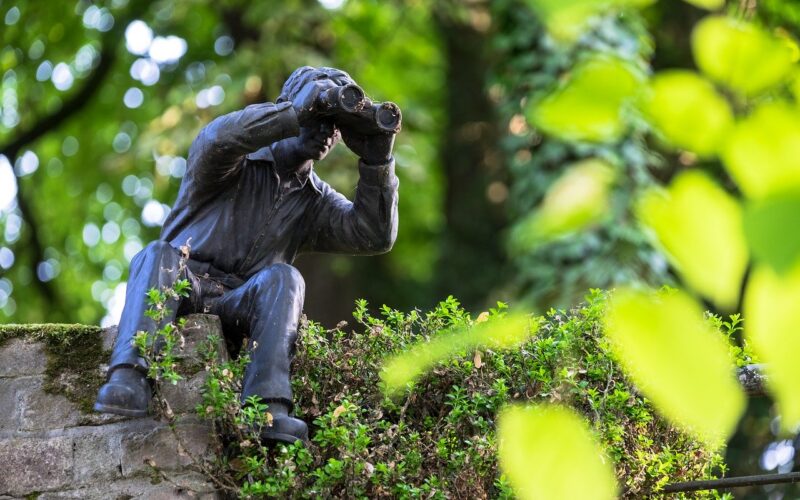Stalker Danger
Stalking is a serious issue that occurs when an individual repeatedly watches, follows, or harasses another person, making them feel afraid or unsafe. It's important to understand the potential dangers and impact of having a stalker, as it not only affects one's psychological well-being but can also escalate to physical violence.
Understanding stalking and its implications
Stalking is often driven by the perpetrator's need for control and power over their target. It can manifest in various forms, including physically following someone, sending unwanted messages or gifts, damaging property, or using technology to track someone's movements. The key factor is the persistent nature of these unwanted advances, which create a pattern of intimidation and fear.
Victims may initially downplay the behaviour, mistaking it for harmless or misguided affection. However, stalking can quickly evolve into a grave threat that permeates all areas of one’s life. The psychological toll of being in a constant state of hypervigilance can lead to anxiety, insomnia, social dysfunction, and severe emotional distress.
The psychological impact on victims
The effects of stalking on victims' mental health cannot be overstressed. Many individuals report feeling a loss of control, living in fear of the unknown—when the stalker might surface next and to what extent they might go. This omnipresent anxiety can result in depression, trauma, or even symptoms similar to post-traumatic stress disorder (PTSD).
Victims might change their daily routines, limit their social interactions, or relocate to escape the stalker's fixation. They might also face difficulties in trusting new acquaintances, potentially isolating themselves and leading to a diminished quality of life. The constant worry and fear can significantly impact one’s professional and personal relationships.
When stalking turns violent
While stalking is a form of psychological torment, it can escalate into physical violence, putting the victim's safety at risk. Research indicates a correlation between stalking behaviour and physical harm; some cases tragically culminate in serious injury or even homicide.
This progression is why it's critical to take any form of stalking seriously from the outset and engage law enforcement. Early intervention can be crucial in preventing a stalker from physically confronting or harming their target.
Legal recourse and protection from stalkers
Many countries have acknowledged the severity of stalking by creating specific laws designed to protect individuals from these threats. Victims should familiarise themselves with their local legal options and consider restraining orders or other protective measures that can legally mandate a stalker to cease their actions.
The legal process can be challenging, often requiring ample documentation of the stalking behaviour. It’s important to keep detailed records of every incident, including messages, gifts, sightings, and any interaction with the stalker. This documentation can be vital in securing legal protection.
The role of technology in stalking
In the digital age, stalking has extended into the virtual realm. Cyberstalking encompasses actions like relentless messaging, public harassment on social media, spreading personal information or lies online, and employing spyware to monitor someone’s digital activity.
Victims of cyberstalking must be vigilant about their online privacy settings, exercise caution with the information they share online, and stay informed about cybersecurity practices. Technologies intended to keep us connected can unfortunately also be exploited to intrude into lives, making it essential to understand and protect against such vulnerabilities.
Coping with the aftermath
Overcoming the trauma of stalking is a steady, ongoing process. It often involves seeking support to deal with the aftermath, such as counselling or therapy. If you've been victimised, it's important not to blame yourself; stalking is about the stalker’s behaviours, not the actions of the victim.
Survivors may find strength in connecting with support groups or advocacy organisations dedicated to helping those who’ve experienced similar ordeals. In these spaces, sharing your story can be empowering and also help others understand that they are not alone.
The threat of a stalker is a profound violation of personal safety and peace of mind. It requires immediate attention and careful handling, given the spectrum of risks associated with such situations. By understanding the dangers, seeking appropriate legal and psychological support, and employing proactive measures for safety and security, victims are better positioned to reclaim control of their lives and well-being. Remember, stalking is a critical issue that merits communal awareness and action to ensure a safer society for everyone.











